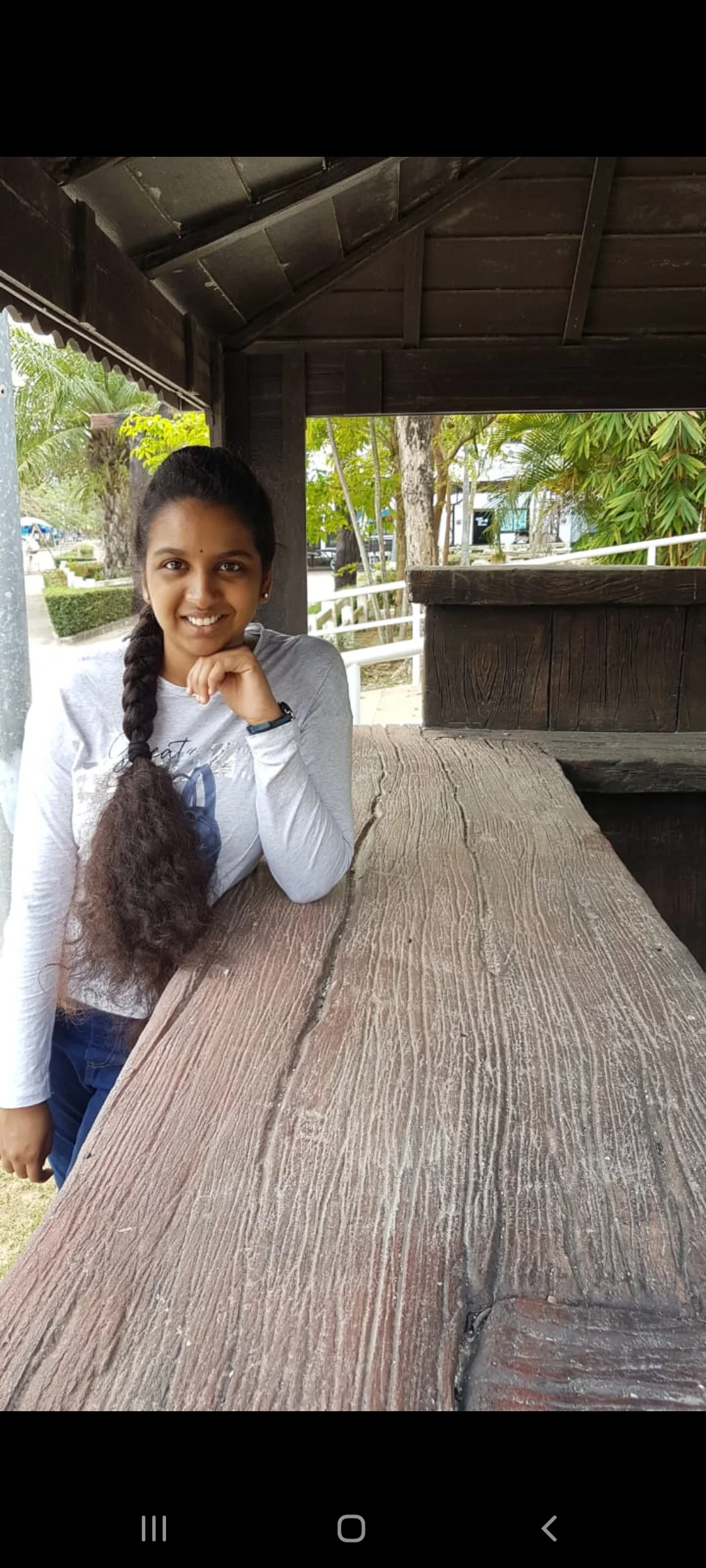Sexuality and Asexuality: An Interview with Karishma
Uma Sathwika Manda conducted an interview to understand asexuality and other sexual orientations with Karishma (she/her), @talkyounevergot. She is a sexual health advocate and educator, who earned her undergraduate degree in geology-biology from Brown University. Karishma volunteered with Planned Parenthood to teach sex-ed to high-schoolers in the U.S. She has also conducted workshops and online webinars with top educational institutions and student groups across India. And is currently working as an analyst at a global development consulting firm. When not working, she enjoys acting for theatre, trying to train her dog, and writing poetry.
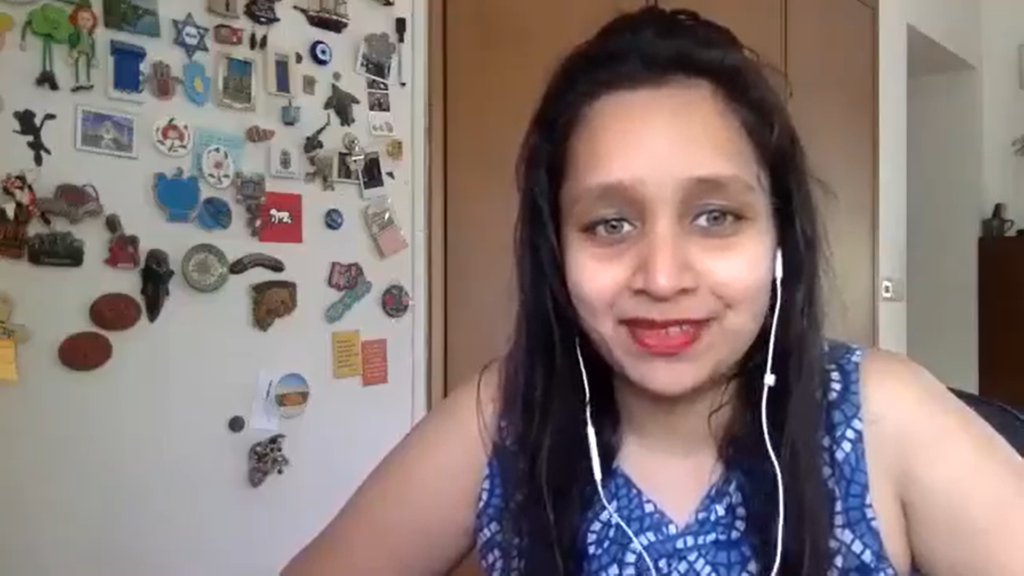
Question- The first question that intrigues us is- You are currently working as an analyst at a global development consulting firm. Then why did you decide to become a sexuality educator, besides this?
Karishma- My answer is the same as every other sexuality educator in India. There is a lack of proper sexuality education in the country. And if you teach sexuality education, you are talking about many different issues that humanity faces, right? You are talking about gender and identity issues, sexual orientation, and respecting other people. And when you are talking about feminism, hopefully, you are talking about it in an intersectional way, by respecting other identities that someone might hold- whether it’s to do with caste, class or ability, or whatever it might be, that might affect the way someone might experience feminism or be oppressed by patriarchy, right?
And you also talk about consent, you are talking about interpersonal relationships and how one can have a healthy relationship. When we say sexuality education, it just sounds like we are talking about sex but when we are teaching comprehensive sexuality education, we need to cover more than just that. So if I am talking about boundary setting and healthy relationships, I want to also be teaching the skills which can be used in other relationships as well. This is not what is taught at home or at school. Like, I had no proper sex education in my Biology class at school. This made me become a sexuality educator.
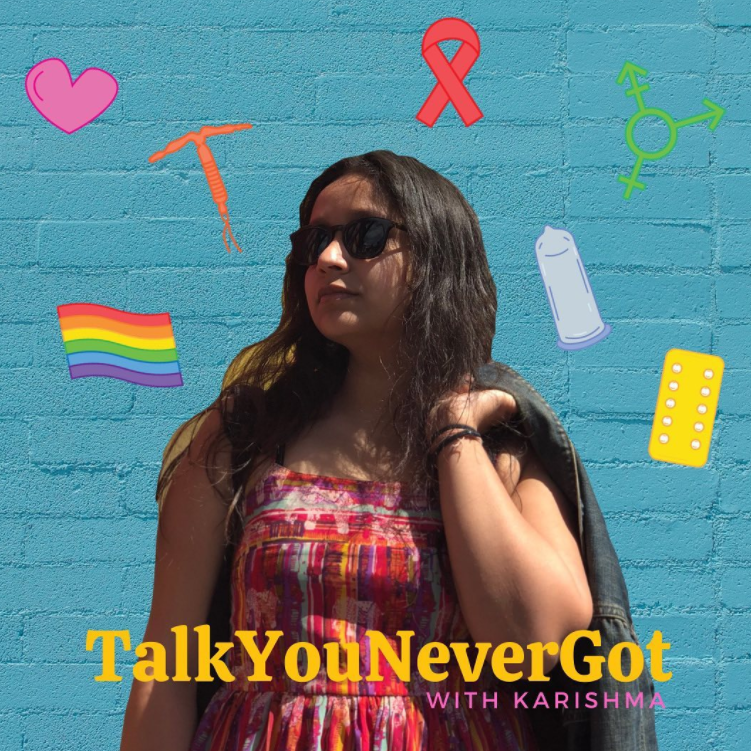
Question- As you said, people in India never really get comprehensive sexuality education. As a sexuality educator in India, what are some of the challenges you have faced in educating the youth on the spectrum of sexualities?
Karishma– When I am speaking to older youth, sometimes, since they have already received a lot of messages about sexuality being a very specific way, usually saying that heterosexuality is the only option, it gets quite hard. On average, youth are pretty open to the idea that sexuality is a spectrum. But sometimes, you find that they are hearing from their parents, from religious leaders, and other sources and they firmly plant themselves in this belief that heterosexuality is the norm.
And then it becomes difficult to teach them and show them that there is something new out there. Pop culture also portrays that there is compulsory heterosexuality and it takes time for people to unlearn some of that. So it gets difficult to teach people that they are to respect people even if they don’t resonate with the idea of someone not being heterosexual.
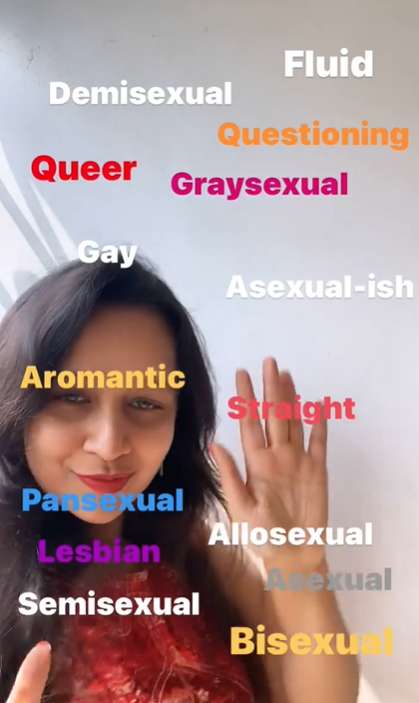
Question- You mentioned that compulsory heterosexuality is seen as the norm and revealing to people that someone is a homosexual person or an asexual person isn’t easy. What suggestions would you give to someone that’s trying to open up about being an asexual person?
Karishma- When it comes to opening up, your safety comes first. Try and find people or communities where you can open up safely without worrying about getting hurt. Could be an online community, a therapist, a friend, a family member – someone that can be with you and support you along that journey.
“Many say humans are sexual beings and that we all have sexual desires. I THINK THAT’S NOT TRUE! Statements like these erase asexual identities. Our society punishes people for having sexual desires while people aren’t given respect if they don’t.”
Karishma
Question- Since we began talking about asexuality, let me touch upon it since it isn’t really talked about. So, let’s begin with- what exactly is asexuality?
Karishma- So, asexuality can mean a lot of different things to different people. I think the broad definition can be that, basically, when someone doesn’t feel sexual attraction towards people and that’s the general definition. But even asexuality itself is a spectrum. So some people who are asexual might still want to engage in sexual activity. Some people that are asexual might still be interested in romantic relationships. While some others may be aromantic. And I think, the way in which people express their asexuality and experience asexuality can look so different for different people. There are a lot of different types in this, such as greysexual, demisexual, sex positive asexuals and I’m not gonna get into the details. So just to say broadly, it is an individual experience- just like any other sexuality.
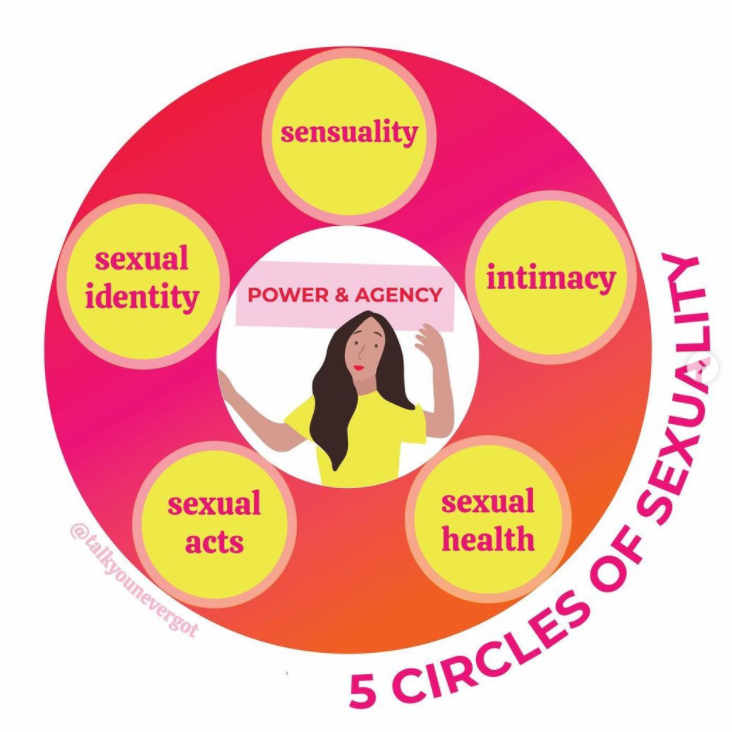
Question- Do asexual people date only those that are asexual?
Karishma- It is a personal choice! Just because a person who is asexual only dates other people who are asexual doesn’t mean every asexual person is gonna do this. And I would say, we are talking about asexuality, but this applies to any type of sexuality. Like what being bisexual to someone to what being heterosexual to someone might be very different based on who you are speaking with and what their preferences and experiences are. Let’s say you want to date someone and they are asexual. You don’t know if they’d be interested in you. The best way to do it is to let them you are interested in them, just the way you’d do with anybody else. Let them decide and let you know how they feel.
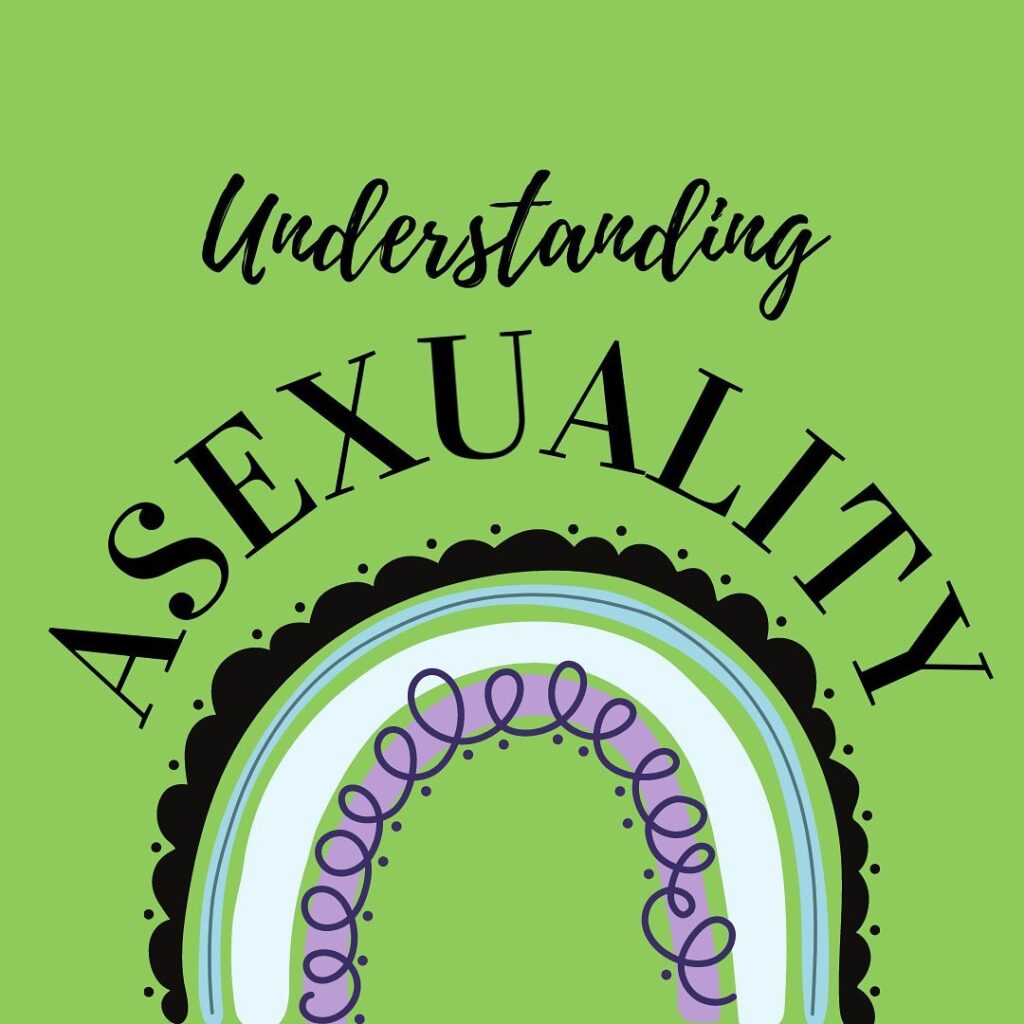
Question- Are watching porn and masturbating things that asexuals would enjoy? Do they ever get aroused?
Karishma- Sometimes, people who are asexual might want to masturbate and watch porn even if they don’t want to have sex with other people, just the way some asexual people might still want to have sex even if they are not sexually attracted to people. And for many reasons, they might choose to do that. But I think, again, it comes down to someone’s personal preference and instead of assuming things about someone, just based on a label or based on what we think they should be doing, we should have conversations with them.
Question- Why, according to you, is there this taboo around the spectrum of asexuality a little more than the taboo that is there around the rest of the types of sexualities?
Karishma- I think it becomes extra hard for asexual people to be part of the conversation and we need to take extra care to make sure, as sexuality educators, that we acknowledge that people sometimes may not want to have sex and that’s okay! And that people might not want to be in romantic relationships, ever, in their whole lives and that’s also okay!
Question- Now to our final question, how can we break away from the stigma around different sexual orientations that come under the spectrum?
Karishma- Here it’s frankly with some of the older sex educators and sexuality influencers. They will be like, “Humans are all sexual people and we are all inherently sexual beings and we all have sexual desires whether we know it or not.” I THINK THAT’S NOT TRUE! And I think speaking and sweeping statements like that erases asexual identities. So I think it’s really hard because, on one hand, our society punishes people for having sexual desires and having sexual preferences. But at the same time, there is this double standard where people are not given that respect if they don’t have sexual desires and preferences.
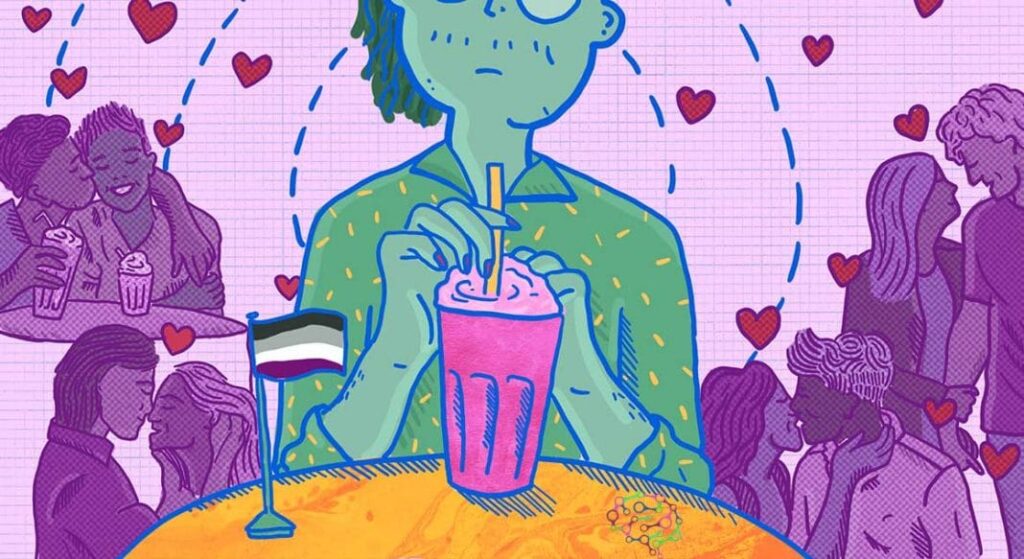
TALK YOU NEVER GOT ABOUT ASEXUALITY
As Karishma said, asexual people are basically those that feel little or no sexual attraction to any gender. Asexuality is indicated by the ‘A’ in LGBTQIA+ and is, inarguably, the most underrepresented type of sexual orientation and it is not a surprise that many aren’t aware of it. Asexuality is in itself a spectrum. Asexual people are hardly represented in the media or are portrayed in a negative way. Asexuality is extremely subjective and depends on the person experiencing it. Click here to read more about asexuality.
The most common types of asexual people (also called aces) are:
- Demisexuals– Individuals who experience sexual attraction only when they share an emotional bond with another person.
- Greysexuals- Individuals who experience sexual desires rarely or under specific situations.
- Sex-positive asexuals- Individuals who indulge in consensual sex and experiment, probably to pleasure their partners.
- Sex-repulsed asexuals- Individuals who don’t like the idea of sex but might feel romantically attached.
Follow @TalkYouNeverGot to learn more about sex, sexuality, and much more!
Subscribe to Pratisandhi’s E-Newsletter for regular updates!
Author
